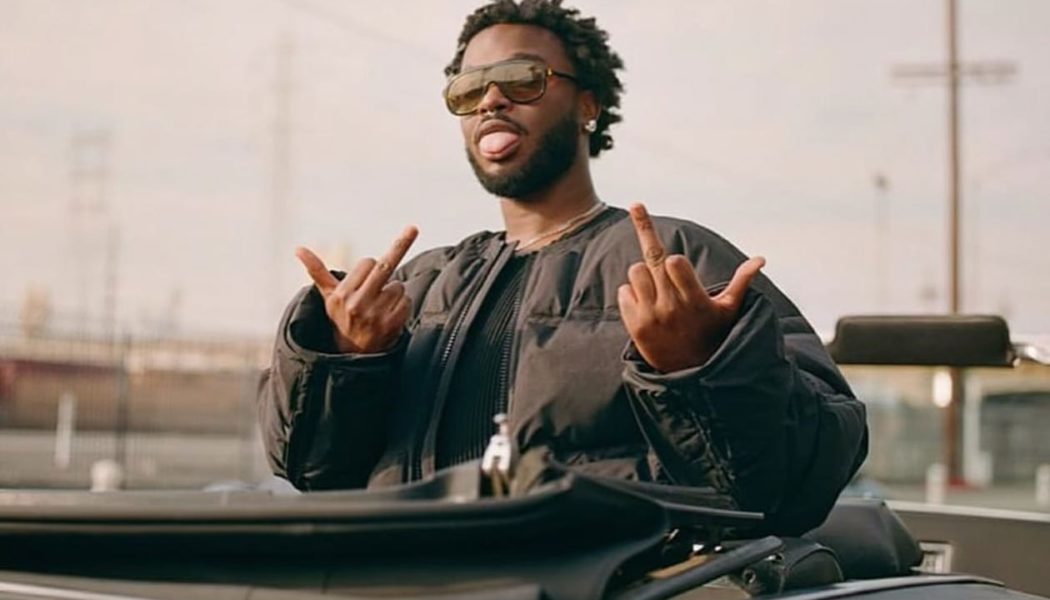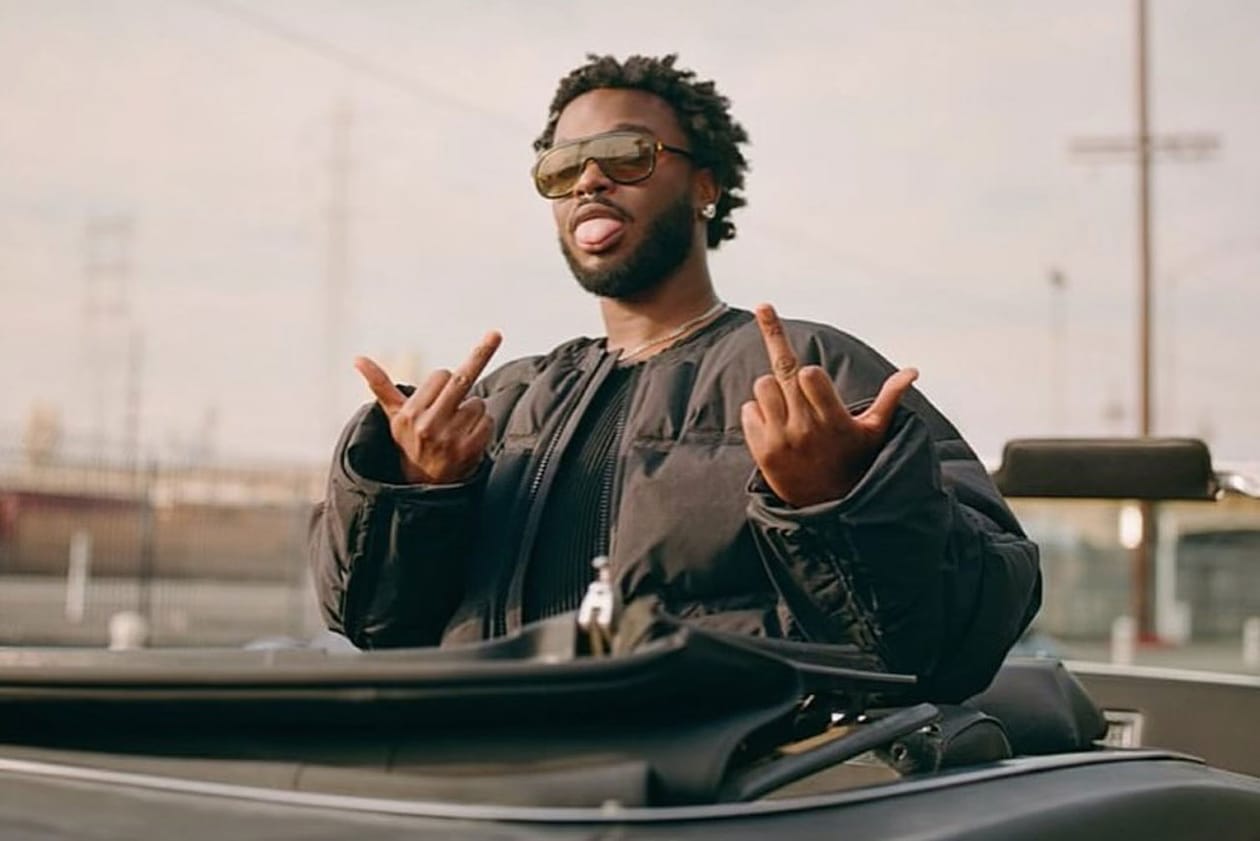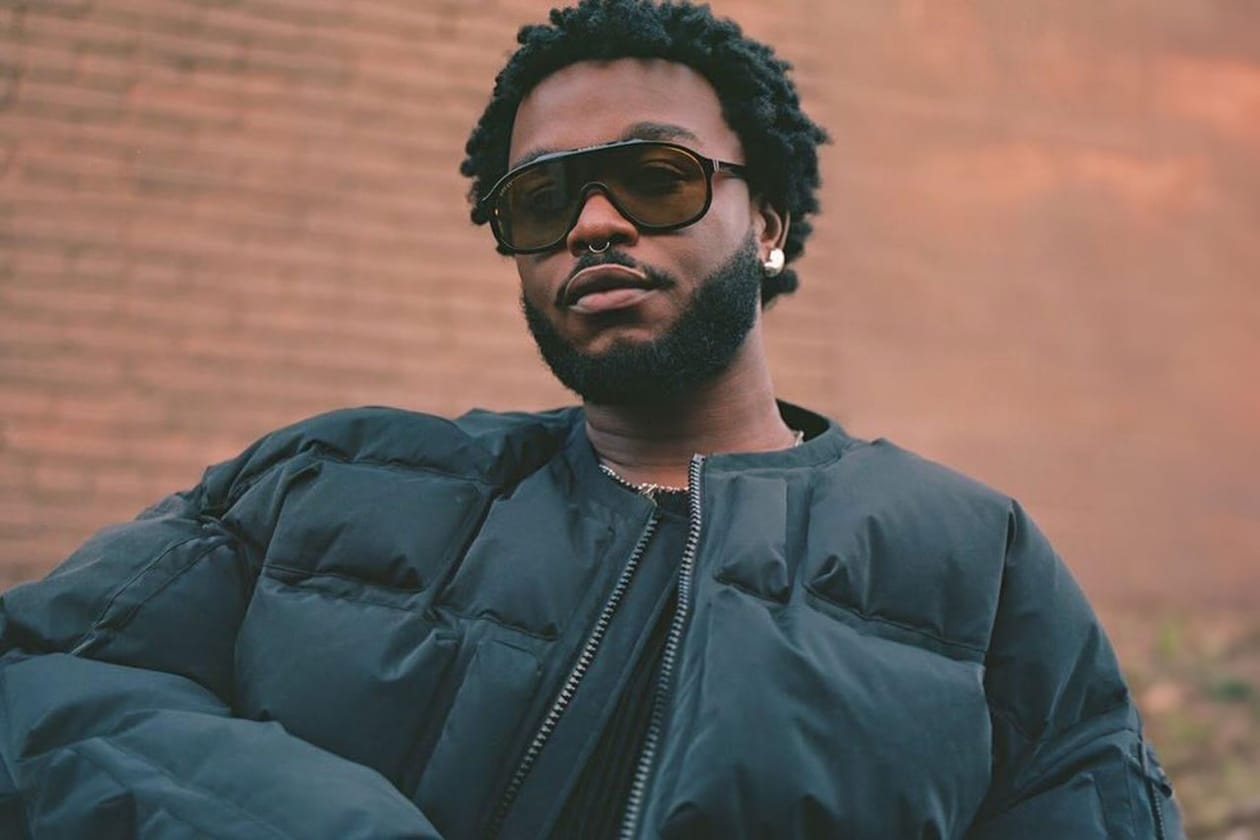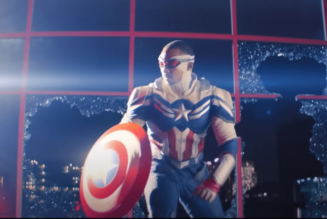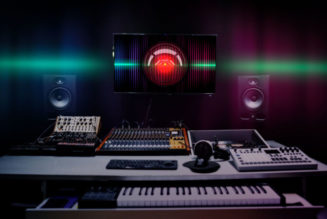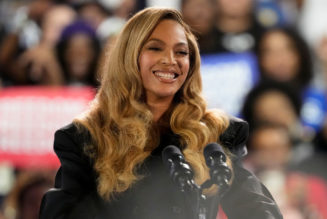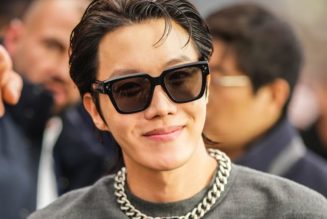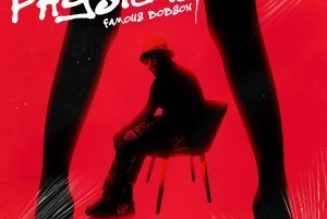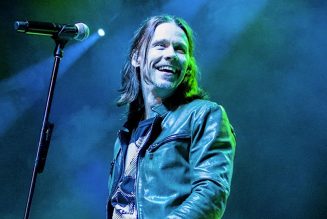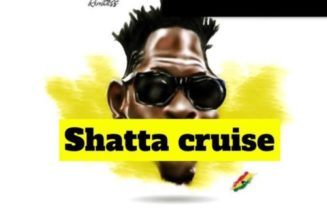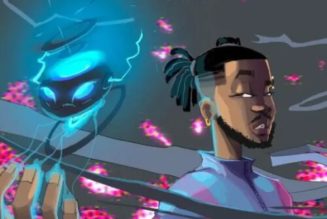You are reading your free article for this month. Login or sign up for a free account now for unlimited reading.
In celebration of Pride Month, Hypebeast is conducting a series of conversations with LGBTQ+ artists about how their identity informs their artistry.
What’s it like to party with Cakes da Killa?
“It depends on the cocktail,” he says.
The cocktail for Glastonbury is different from the cocktail for COLORSxSTUDIO, and the cocktail for Barcelona’s Sónar is different from that for Brooklyn’s Lady Land – a two-day Pride festival stacked with a diverse lineup of queer talent, going down next weekend (June 28 and 29) at Under the K Bridge.
Cakes is on the Saturday night lineup, and the “rapper’s rapper and girl’s girl” is pumped to perform his new album Black Sheep. After partnering with producer Sam Katz on his previous project Svengali, the NYC-based artist linked back up with the fellow “weirdo” for his third studio album — which signals a shift into the songwriting space as well as another Cakes-coated attempt to chip away at the barriers separating the underground from the mainstream.
Offering a tapestry of audiovisual influences, Black Sheep is an album that looks, sounds and feels like an authentic encapsulation of a night out with Cakes da Killa.
Introduce yourself.
I’m Cakes da Killa and I’m a songwriter from New Jersey, currently based in New York City. I make moody club music.
What brought you to New York City?
I grew up always running into New York City. Throughout high school and college, my entire social life was based in the city. New York City was always the place where the “alternative” creatives were concentrated, so I wanted to live there ever since I picked up on that as a child. The city became an incubator for me where I could test things out and develop who I wanted to be as a creative.
When did you start making music?
I came out in the third grade and making music was never really an option for me because there weren’t many musical peers I could look to for inspiration. I honestly started making music to get into clubs for free and get drink tickets, but slowly the media picked up on my style and I became part of this sort of “queer rap trend piece.” That’s when I was able to start carving out my place in the industry.
Why did you name the album Black Sheep?
Being a creative for as long as I’ve been, I find I’m in a peculiar place even amongst the “outcasts” of the industry. I stepped into the music space as an underground artist, whereas now, my music is more of a combination of underground and mainstream sounds. It’s too mainstream to be underground and too underground to be mainstream.
How have you seen the industry change?
When I first started making music, the typical hip-hop consumer didn’t look what the hip-hop consumer looks like now. There were a lot of people who told me that I couldn’t make music. The idea of a Black, openly gay, feminine, chubby man making rap music was not welcomed. The strides that have been made in queer acceptance in visibility are, in large part, due to the artists in the Black queer space who came before me, but they’re also because of the younger consumers who are actively seeking out queer hip-hop.
Did you face any struggles stepping into the hip-hop space?
There wasn’t too much tension between me and the rap conglomerate. It wasn’t a warm acceptance but it was just something we never talked about. I haven’t had too many issues. I just operate in this more obscure realm. Where I think the real tension lies is in my own queer community because we’re some vicious b*tches.
“It’s so important that gay dollars are finally starting to go into gay talent.”
The rise in queer festivals like Lady Land is also cool to see.
I think it’s so important that gay dollars are finally starting to go into gay talent. Plus it’s also a more nuanced representation of queer creativity and talent. Oftentimes the queer talent is stuck in the background and doesn’t get platformed authentically in front of the camera.
How did you find your niche in the industry?
I grew up listening to artists who mixed music – Santigold, Janelle Monáe – and that became the kind of music I wanted to make. It’s a b*tch to market, honestly, because the media wants you to be two-dimensional and palatable. But for me, coming from the underground, I never thought I’d be having these mainstream conversations so I’m like “I don’t care what you call me.” I let people consume my music the way they want. As long as they’re talking about it, that’s good.
Where does Black Sheep fall in your discography?
I’ve been a “rapper” for so long but I think this album is more about the songwriting. I wanted it to be bipolar and all over the place and just show my range as an artist. You can hear how my sound has changed and that’s just because I’ve grown so much – and being true to myself is most important to my artistry.
How do you use visuals to elevate your music?
Music videos are the most important visual aspect of my artistry. We’re in an age where so many artists prioritize things like TikTok and I’m just too old for that. I just want to give viewers an authentic insight into what it’s like to party with Cakes da Killa.
What is it like to party with Cakes da Killa?
It depends on the cocktail.
